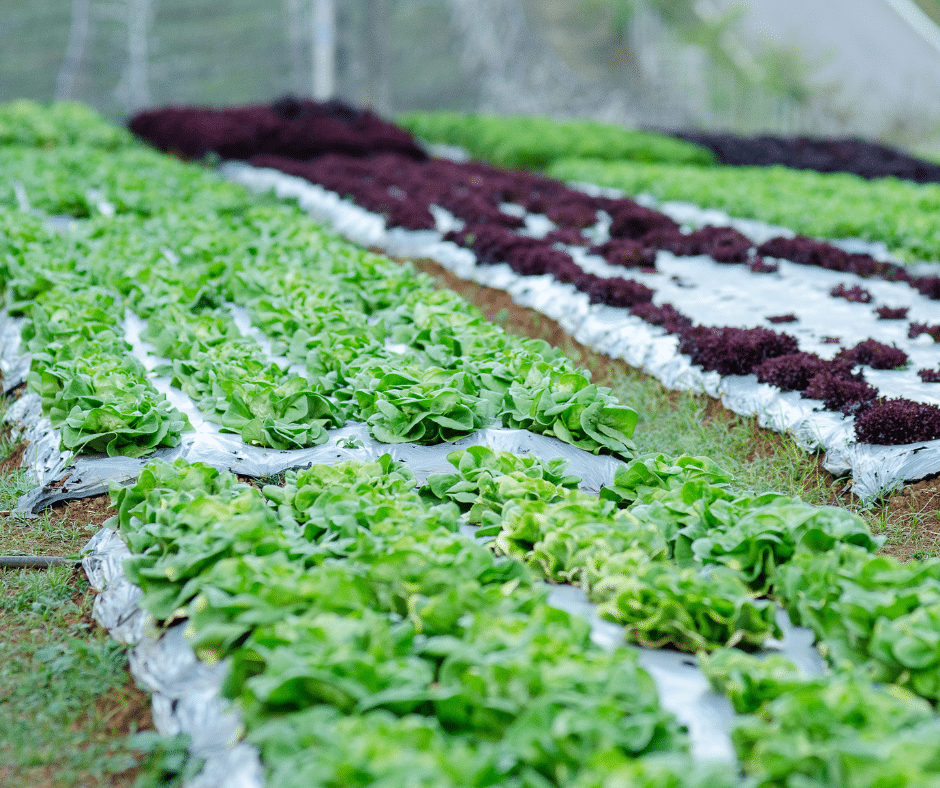Organic farming is quickly becoming one of the most popular ways to produce food. It’s an environmentally friendly, sustainable practice that requires fewer chemicals and results in healthier crops. But organic farming isn’t just about producing better food; it also has a positive impact on the environment and local ecosystems.

By promoting healthier ecosystems, organic farming can help preserve biodiversity and reduce pollution from chemical-based fertilizers and pesticides. This article will explore how organic farming helps create healthier ecosystems for everyone to enjoy.
Organic farming encourages the use of natural fertilizers and pest controls, which helps reduce toxic chemicals in the environment. This ultimately decreases water pollution and soil contamination while also reducing air pollution from chemical spraying. Organic practices can also help improve water retention in soils, making them more resistant to drought and extreme weather events.
Organic farming also encourages crop rotation, which helps promote soil fertility and reduce the need for chemical fertilizer. By rotating crops, different nutrients are introduced into the soil to help maintain its quality and reduce erosion. This results in healthier soils that can support more diverse plants and animals, as well as microbial life.
Organic farming also discourages the use of genetically modified organisms (GMOs). These organisms have been known to cause environmental damage by introducing foreign genes into an ecosystem. Organic farming focuses on natural breeding techniques, which maintains biodiversity without introducing any foreign material into a local environment.

Finally, organic farming promotes sustainability by reducing inputs such as fertilizers and pesticides while increasing yields through efficient harvesting methods. This helps ensure there is enough food available to meet the needs of the global population without over-harvesting resources.
Organic farming can help us create healthier ecosystems and reduce our environmental impact. By promoting sustainable practices, organic farmers are helping to preserve biodiversity and reduce pollution while also providing an abundance of healthy food for everyone. It’s a win-win solution that benefits both people and the planet!
